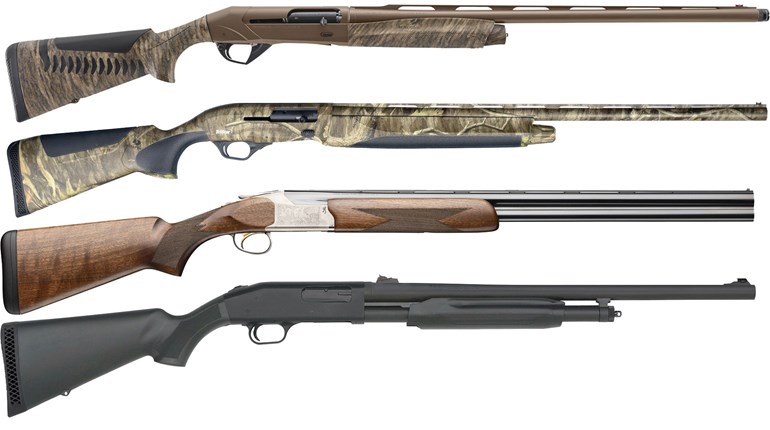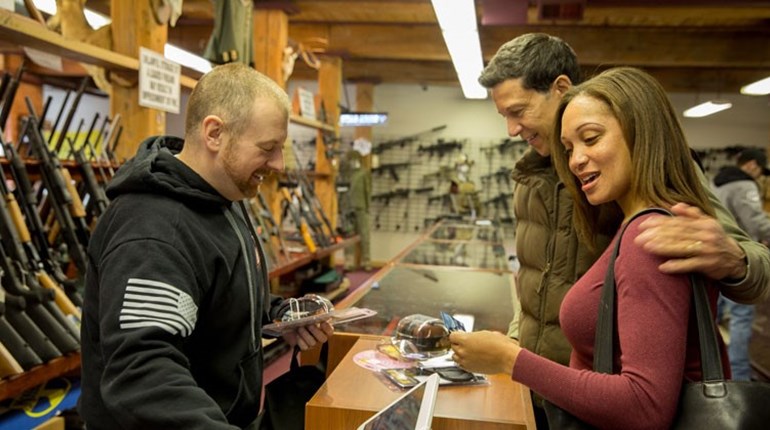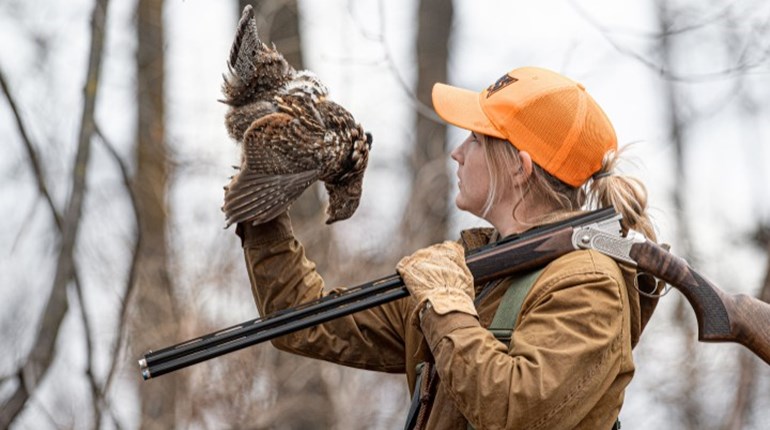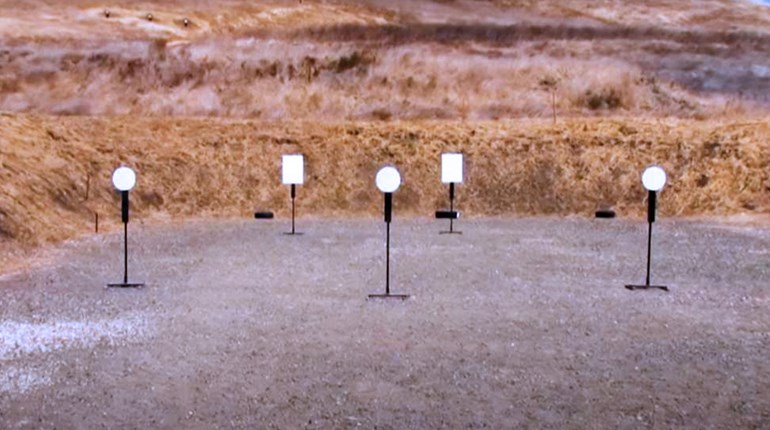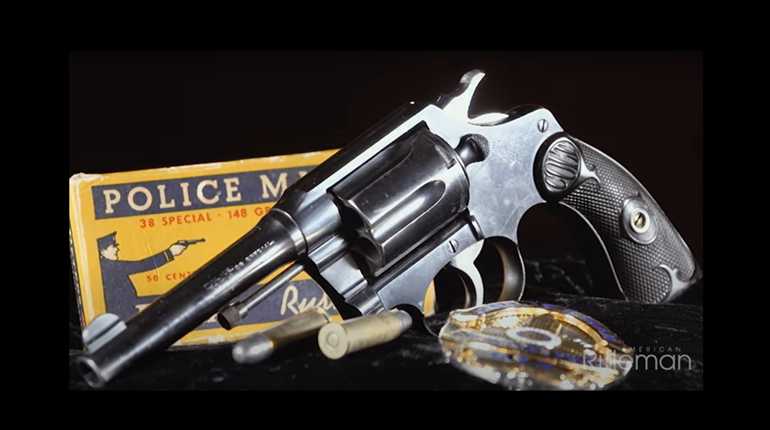
Most college coaches have fairly straightforward goals. They want their teams to succeed, want to win championships, and want to create dynasties that live on after they give up their coaching duties. But University of Maryland Shotgun Coach Anne Mauro has a very different goal in mind when her athletes step to the line in competition.
“I want to develop lifelong shooters,” Mauro says. “Shooting is one of the few sports that you can pick up at any time in life—as a small child, in your twenties, even late in life. My goal is to encourage my shooters to enjoy the sport for as long as they can.”
Sure, winning championships is important, and Mauro (herself a successful competitive shooter) has led her team to success. The Terrapins won their regional championship only a season after Mauro took over the team, and she has coached athletes with Olympic potential and goals. But coaching gold medal athletes isn’t her primary objective. Fostering a love of shooting sports is what truly inspires her.
The World of Competitive Collegiate Shooting
Over the last 10 years more and more local clubs and organizations like 4-H Shooting Sports are investing in young shooters, and as a result the number of college shooting athletes and college teams has grown tremendously. Some of these kids are recruited in high school to competitive college programs that offer scholarships, but Mauro says it’s a myth that all collegiate shooters were state champions in their teens.
“We have all types of shooters with all types of ability,” says Mauro. “At the ACUI Collegiate Championship in San Antonio a few years ago, a brand-new shooter tried her hand at trap. I think she hit three targets, but she loved it. The next year she came back and broke 50 out of 100, and the following year she was in the 70s.”
The message that Mauro and other organizations want to share with families is that shooting is a fantastic pastime for college students, and with so many schools now offering clubs and teams there are now students who are basing their college decision on which schools offer an opportunity to engage in shooting sports. Some schools offer scholarships for shooting, but many, like Maryland, do not. That’s fine, Mauro says, as the primary objective of college is ultimately earning a degree and preparing for a career. But being part of a shooting team can add to that experience and offers students an opportunity to learn and improve while competing for their school. I know this first-hand because I was one of those students who, upon finding out my college had a team, showed up for practice on our off-campus shooting facility. I quickly became very involved in trap and skeet shooting, improved my game, forged relationships that lasted for years, and managed to make it to the ACUI Championship in San Antonio. It was a fantastic experience, and I’m very fortunate that I took the opportunity to shoot for my school.
The Lessons of College Shooting
One thing you’ll learn about serious shooters—college or otherwise—is that they are intensely focused. Becoming a top-tier shooter requires determination, lots of targets and range time, and the ability to stay disciplined with practice, form and fundamentals. If you’re serious about pursuing a career in shooting or even an Olympic medal, then it’s best to start early and get good coaching from a qualified professional. But don’t think that the lessons and benefits of competitive collegiate shooting are limited to elite shooters. Becoming a competitive shooter teaches, perhaps above all else, the ability to focus on a task and see it through to completion. This is no different, Mauro says, than finalizing a major project or giving a speech in front of a professional audience. Learning to break clay targets or shoot tight groups teaches valuable skills that shooters can use throughout their lives.
Collegiate shooting also accomplishes something else that is very important for anyone who appreciates our rights as Americans and the promise of the Second Amendment—it educates shooters and non-shooters alike that gun owners are responsible citizens. Many colleges and universities are leery of allowing shooting clubs or guns on campus, but the new generation of college shooters is educating the faculty and student body about what being a gun owner and shooter really means. I know that I had multiple opportunities to change the attitudes of my classmates about firearms when they asked, often incredulously, “you’re on a shooting team?” Yes, I said, I was, and I enjoyed every moment of the experience. It opened an avenue for dialogue that is increasingly important in a society bombarded with anti-gun propaganda.
“Our students want to do the right thing,” says Mauro. “They are responsible with their firearms and they want to obey the laws. People are shocked to learn that I fly with firearms, but I tell them that I have been in most major airports with guns and, as long as you follow the proper procedures and protocols it is well within the bounds of the law.”
Being a college shooter offers a number of benefits that go far beyond winning championships and medals. Shooting teaches skills like balancing time for recreation and education, the responsibility of gun ownership and safe gun handling, and how to invest in improving your focus, dedication and skills.













